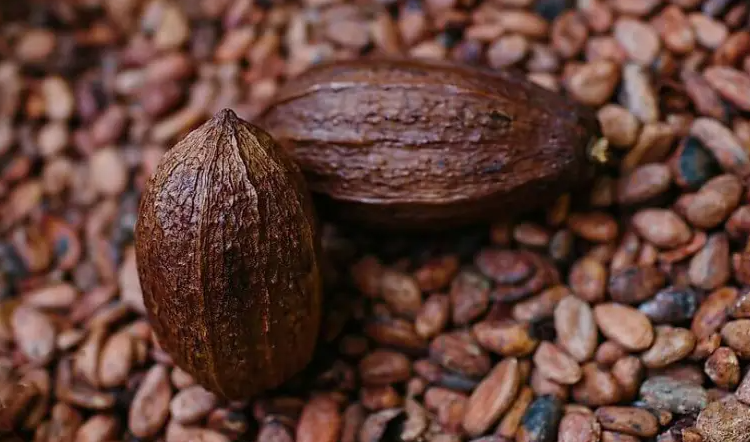In a promising development for Ghana’s cocoa industry, the government has declared a substantial price hike for cocoa, set to take effect during the upcoming 2023/2024 cocoa season. This momentous announcement sees the price of a cocoa bag rise to GH¢1,308.00, representing a remarkable 63.5 percent increase compared to the previous rate of GH¢800.00. Consequently, the price per tonne surges from GH¢12,800.00 to GH¢20,943.00.
Read More: 10 Captivating Facts On Kigali as AfriLabs Annual Gathering Beckons
The news was met with resounding jubilation in Tepa, as President Nana Addo Dankwa Akufo-Addo revealed the new price at a recent event. Farmers gathered around the podium, erupting in cheers of approval for the significant price boost. The elation is well-deserved, and the government merits commendation for this commendable initiative. The price of cocoa has long played a pivotal role in motivating increased production, dating back to colonial times.
Historically, British chocolate manufacturers, led by WA Cadbury, initiated cocoa bean purchases in Ghana. Recognizing cocoa’s vital role in farmers’ lives and the nation’s economy, the government intervened in the 1930s, establishing a buying monopoly body. This entity, evolving into the Cocoa Marketing Board (CMB) in 1947, aimed to shield farmers from volatile price fluctuations, stimulating higher production. In fact, at one point, Ghana stood as the world’s leading cocoa producer following its inaugural export of two bags in 1893.
However, during the 1970s, a dramatic two-thirds decline in the world cocoa price left Ghanaian farmers dissatisfied with the nearly 40 percent of the global market rate offered to them. Consequently, some farmers ceased cocoa cultivation, impacting the nation’s global market yield and ultimately relinquishing its leading position.
Given this historical context and the recent expressions of joy from farmers, it is evident that cocoa prices significantly influence cultivation. While the government has undertaken measures such as subsidizing fertilizer costs and tree spraying, it should consistently provide a fair and remunerative price for farmers, enhancing their livelihoods. This commitment could potentially rekindle the nation’s status as the premier cocoa producer.
.Read More: Heartfelt 6.8 Magnitude Earthquake Strikes Morocco, Leaving 632 Dead
Crucially, addressing threats to cocoa production is essential. Beyond issues like illegal mining and bean smuggling to neighboring nations, unchecked land acquisition by real estate developers looms as a critical danger that requires immediate intervention. Failure to do so could jeopardize the entire agricultural sector and impede cocoa production, a linchpin of Ghana’s economy.
The government’s decision to increase cocoa prices is a laudable step towards revitalizing the cocoa industry. However, addressing emerging threats is equally imperative to ensure sustainable cocoa production and safeguard Ghana’s economic growth.
